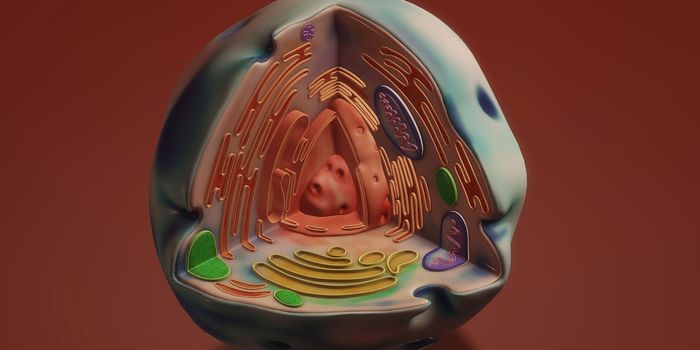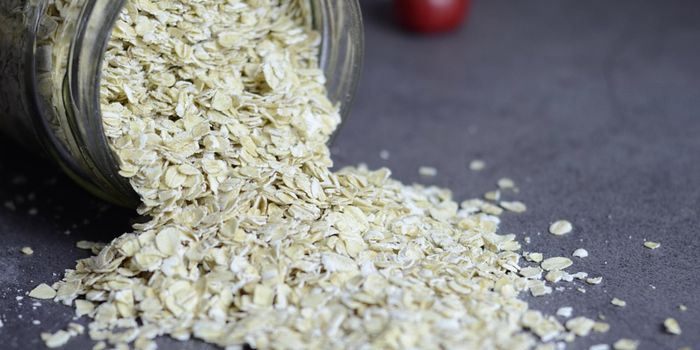A New Insulin That's Based on Cone Snail Venom
Insulin is a hormone that's produced by a specific set of cells in the pancreas, and it functions to regulate blood sugar levels. Serious disease happens when there's a problem with insulin, whether cells get less sensitive to the effects of insulin (a major risk factor for type 2 diabetes), or something goes wrong with the pancreatic cells that produce it, as in type 1 diabetes. Diabetics have to carefully monitor blood glucose levels, and they have to take insulin to keep the levels normal. Pharmaceutical insulin is produced in animals like pigs and purified for human use. Now researchers have created a new version of the hormone that is based on a type of insulin in animals called cone snails. It is smaller, but just as functional as human insulin.
"We now have the capability to create a hybrid version of insulin that works in humans and that also appears to have many of the positive attributes of cone snail insulin," said a co-corresponding study author Danny Hung-Chieh Chou, Ph.D, a University of Utah Health assistant professor of biochemistry. "That's an important step forward in our quest to make diabetes treatment safer and more effective."
Reporting in Nature Structural and Molecular Biology, the researchers focused on a type of venomous insulin produced by predators called cone snails. Cone snails expose their prey to a plume of a type of insulin, and blood glucose levels rapidly drop in the prey, which then become paralyzed. Previous work by Chou's team showed that this 'venomous' insulin is similar to human insulin, and acts rapidly.
Fast-acting insulin can reduce the risk of complications like hyperglycemia, said study co-author Helena Safavi, Ph.D., an assistant professor of biomedical sciences at the University of Copenhagen in Denmark. "We want to help people with diabetes to more tightly and rapidly control their blood sugar," she said.
The scientists found that the insulin in cone snail venom doesn't have a piece that human insulin does, which clumps human insulin in the pancreas for storage. Human insulin has to break away from these clumps to have any effect, which can take up to an hour.
"We had the idea of making human insulin more snail-like," said Safavi. "So, we sought to basically take some of the advantageous properties from the snail and graft them onto the human compound."
Though cone snail insulin is fast-acting, it's far less potent than human insulin. In this work, the researchers found a way to restore that potency.
They identified four amino acids that can encourage snail insulin to bind to the insulin receptor, adding them while they removed the clumping portion from human insulin molecule. The result was a hybrid molecule that won't clump, and is still very effective. Tests with a rat model showed that this 'mini-insulin' was faster acting and just as potent.
"Mini-insulin has tremendous potential," Chou said. "With just a few strategic substitutions, we have generated a potent, fast-acting molecular structure that is the smallest, fully active insulin to date. Because it is so small, it should be easy to synthesize, making it a prime candidate for the development of a new generation of insulin therapeutics."
More work will be needed to verify the safety and efficacy of this molecule in humans.
Sources: AAAS/Eurekalert! via University of Utah Health, Nature Structural & Molecular Biology









